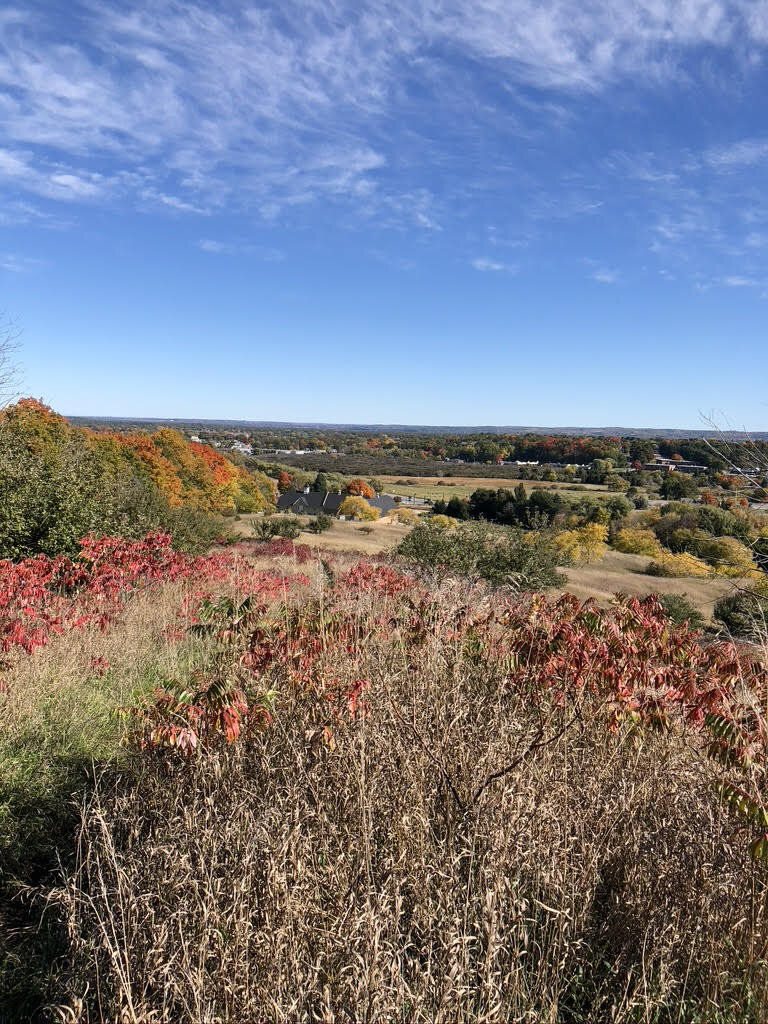Sometimes I troll my bookshelves looking for something. I don’t know what. I saw Heidi. The copy that belonged to my grandparents, the one with letters pressed into paper so you can feel the texture. And here I am, in the Alps, primroses, blue gentians, golden rock roses. Here I am starting my life again, making my loft bed from a blanket and straw, moon coming in the window, drinking my bowl of milk from the goat Schwänli, dashing up the mountain with Peter and all the goats. My dream life, the one I imagined. Life pared to the perfect bone.
These are the stories I have loved: The Boxcar Children, Heidi, The Good Master: stories of being alone, gathering what you need around you, being able to breathe in the fresh air of inventing your own life. Robinson Crusoe, that too.
What I’d forgotten about Heidi is how “religious” it is. It reminds me of the depth of my conditioning, you might say. Heidi’s grandfather has retreated to the Alps, having cut himself off from his fellow humans and from God. Heidi teaches him, after learning it herself, to ask forgiveness, and return, like the Prodigal Son. That’s the arc of the whole story.
I’m made from this book and the others. I’m made from my era. All I was taught drifts and filters through me, transformed as I’ve grown, but not lost. Call it religion, partly. It doesn’t require a name. It’s more a texture, a scent, a flavor. Not layers upon layers, as if each is a refinement of the last, but swirled and melded until each loses its separate identity.
It may not be the Alps, but the hill behind Grand Traverse Commons is a stiff climb, and it’s perfectly gorgeous up there.
Heidi and I like dirt. We’re fascinated by the untamed. We see how high we can climb over sharp rocks. We want to be the only living humans for miles. Yet we carry with us the most anciently refined sensibility. We can hum hundreds of hymns. We’re part feral, part cooked. I’m more simpatico with Michigan than I was with the East Coast because Michigan feels still (to me) a little feral, the East Coast feels cooked. The poet Robert Lowell said that about poetry in the 60s: "Cooked" poetry, he said, was "marvelously expert and remote... constructed as a sort of mechanical or cat-nip mouse for graduate seminars." Raw was "jerry-built and forensically deadly...often like an unscored libretto by some bearded but vegetarian Castro." Ha!
Reading Heidi again is like fitting down inside my old self, but not quite. There is a tenderness for that old me that almost brings tears:
“It was a wild and stormy night; the hut was shaking in the gusts and all the boards were creaking. The wind howled through the chimney and the old fir trees shook so strongly that many a dry branch came crashing down.” [The grandfather climbs the ladder to check on Heidi in her bed.] “The first moment everything lay in darkness, when all of a sudden the moon came out behind the clouds and sent his brilliant light across Heidi’s bed. Her cheeks were burning red and she lay peacefully on her round and chubby arms. . . .she was smiling in her sleep.”
You could say I picked up this book for pure escape. You could say that. Yet deep inside my fears for our collective future, my fear for the outcome of the election, my fear and sadness for the natural world, truly lives a little orphan girl snuggled under the heavy quilt, looked after by the Alm-uncle. She says her prayers with complete trust in what she’s been taught.
This is not a world one can live in forever without becoming stunted. But it’s a deep channel in the soul that is never closed. It sends water to the complexities so they don’t dry up and harden.



